End Mass Surveillance Under the Patriot Act
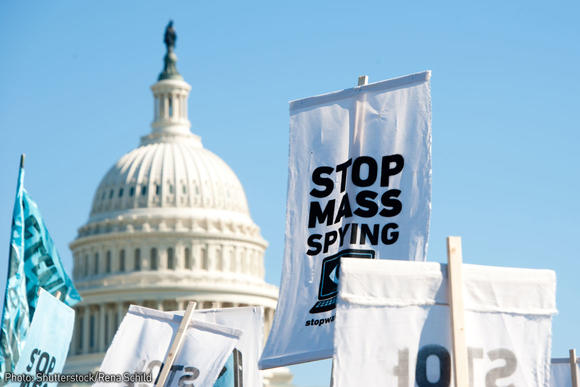
Just 45 days after the attacks of September 11, 2001, a panicked Congress passed, with virtually no debate, the USA Patriot Act. The law amounted to an overnight revision of the nation's surveillance laws that vastly expanded the government's authority to spy on its own citizens, while simultaneously reducing checks and balances on those powers.
For years, we had little official information about how the government interpreted the overly broad surveillance bill. On June 6, 2013, the first of Edward Snowden's disclosures confirmed what some privacy advocates had long feared: Under Section 215 of the Patriot Act, the U.S. government collects, on a daily basis, the phone records of millions of Americans. These records include the numbers dialed and received, the dates and times of those calls, and their duration. That program was ruled unlawful by an appeals court in May 2015.
Section 215 is one of the three sections of the Patriot Act that are scheduled to sunset on June 1, 2015. This long-abused provision of the law has been a failure by nearly every measure. The author of the law has publicly stated that it was never intended to facilitate mass, suspicionless surveillance. It has not played an essential role in stopping any attack. And it has enabled an unprecedented surveillance superstructure that violates Americans' rights to privacy, free speech, and free association.
Unless Congress can agree on far-reaching reforms, it is high time for Section 215 to sunset.
On May 13, 2015, the House passed the USA Freedom Act, a bill many see as a last-ditch effort to enact surveillance reform before the June 1 sunset. Some provisions of the bill may offer incremental improvements over the dismal status quo. However, in the wake of the 2nd Circuit's decision, it is clear that the proposal now on the table does not go nearly far enough. Unless the bill is significantly strengthened in the Senate, the provision should be allowed to expire.
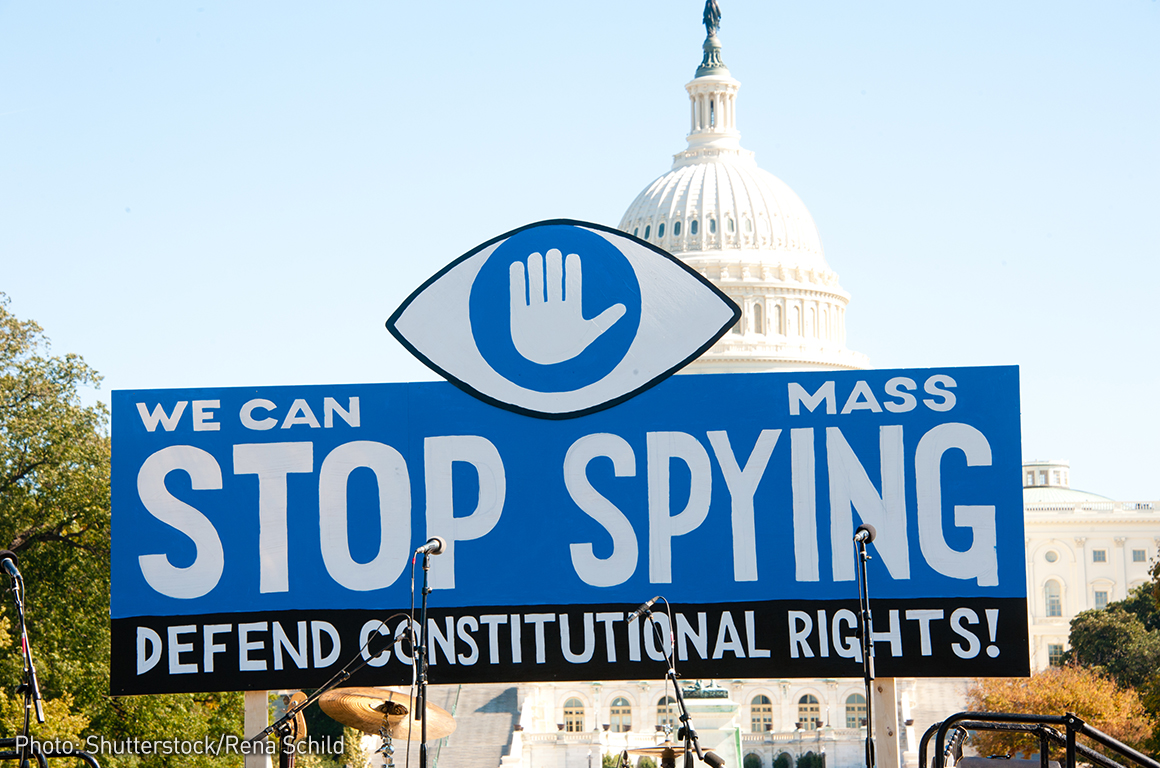
It's Congress' Turn: What Meaningful Surveillance Reform Looks Like
Source: American Civil Liberties Union
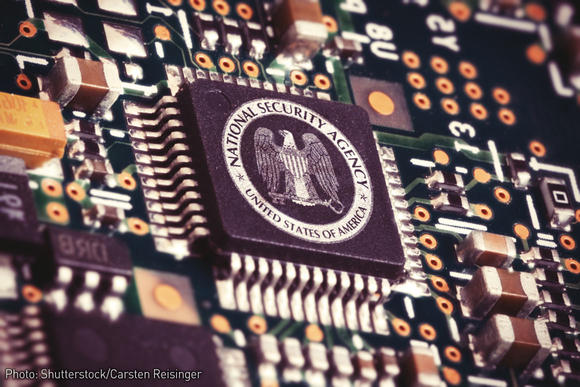
Beyond Phone Call Data
Under Section 215, the government can also collect information about what books you read, what you study, your purchases, your medical history, and your personal finances. The provision gives law enforcement broad access to these records without probable cause of a crime. It also prohibits the holders of this information, like librarians, from disclosing that they have been ordered to turn over such records — a gag order provision backed by with the threat of jail time. While an order from the Foreign Intelligence Surveillance Court is required to obtain the information, that court operates in near-total secrecy through one-sided procedures that heavily favor the government.
Section 215 grants the NSA access to intimate information about ordinary citizens, without a warrant and without suspicion. It gives the government entry into our private lives, is used in ways that treat everyone as a suspect, and chills free expression.
When the Patriot Act was passed in 2001, many congressional representatives complained that they didn't have time to read the bill before they were forced to vote on it, amid intimations from the Bush administration that those who voted "no" would be held responsible for further attacks. Thankfully, a surveillance authority enacted and implemented in the dark has finally been thrust into the light. We now know what the government did with Section 215, and we have finally been able to take part in a debate we were denied for more than a decade.
It is clearer than ever: Section 215 has got to go and Congress must rein in other Patriot Act authorities.
Related Stories
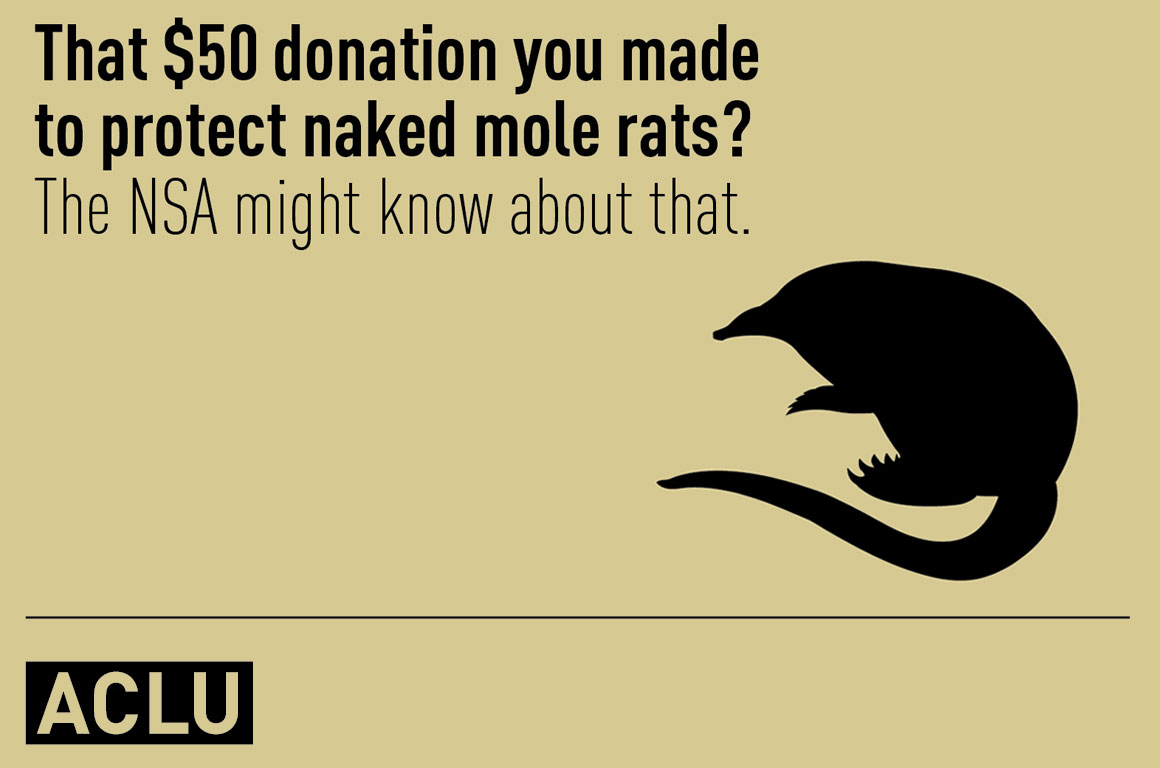
215 Reasons Why Section 215 Needs to Go Away
Source: American Civil Liberties Union
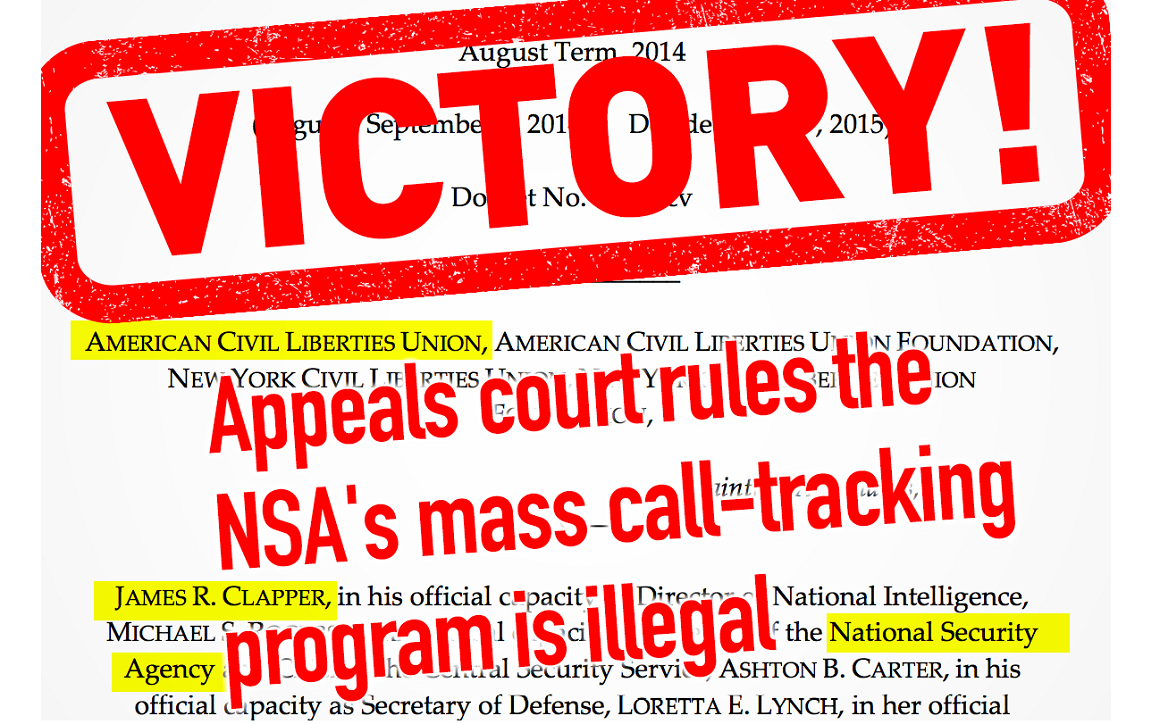
Why Today’s Landmark Court Victory Against Mass Surveillance Matters
Source: American Civil Liberties Union
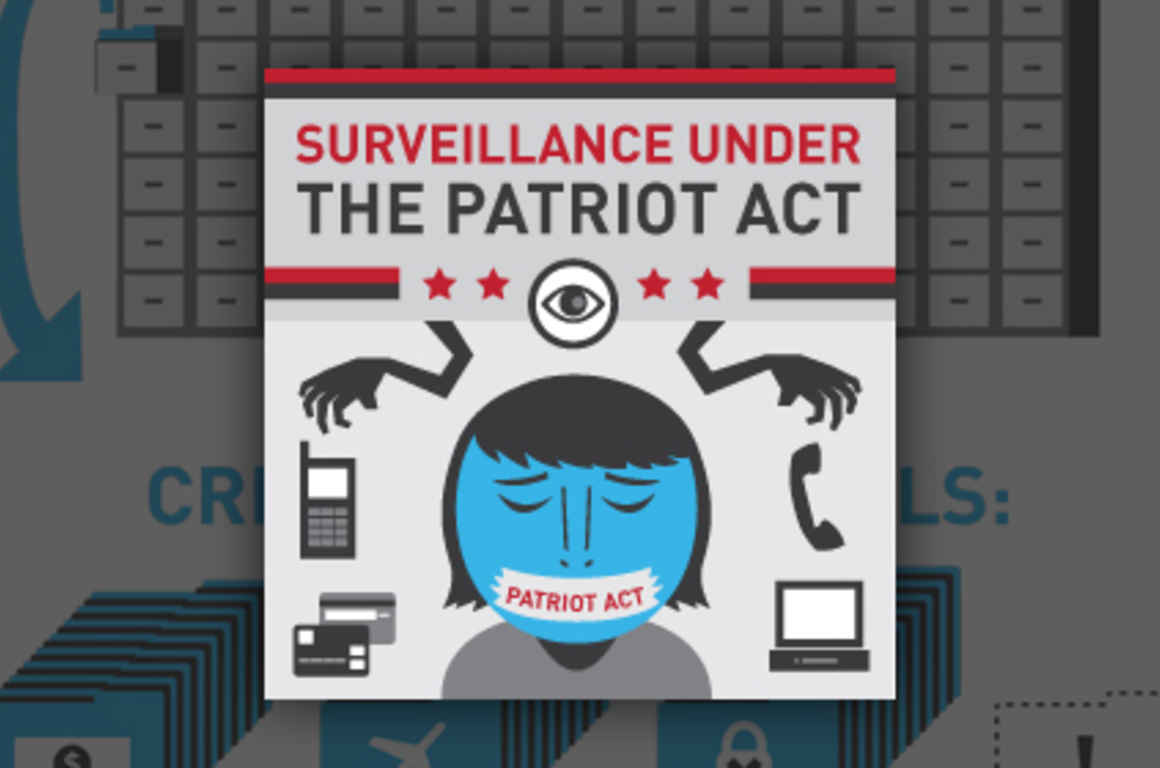
Flip the Patriot Act's Kill Switch
Source: American Civil Liberties Union
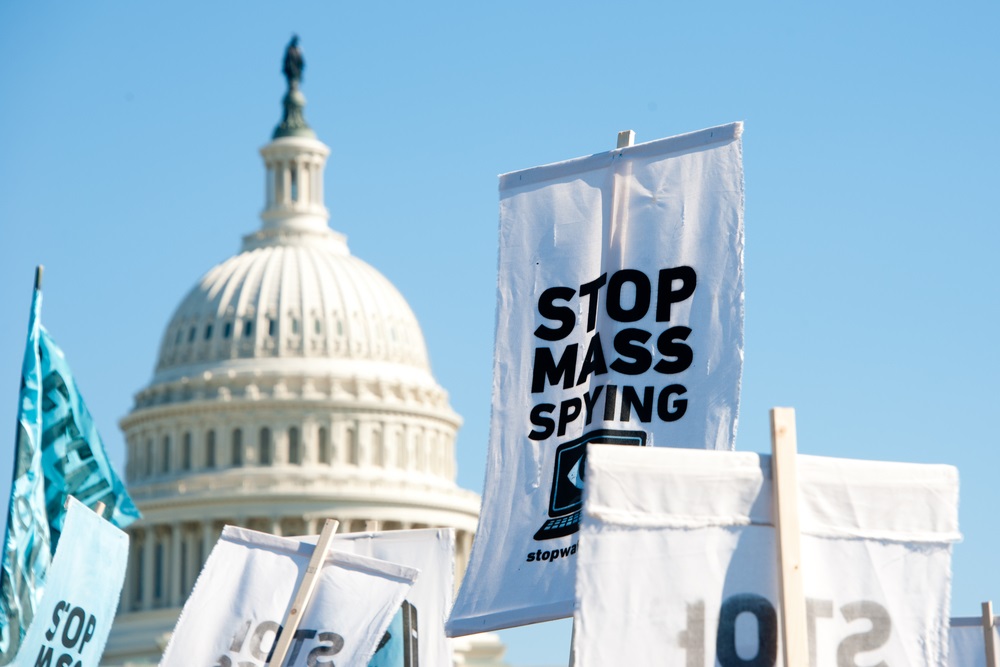
The Sun Must Go Down on the Patriot Act
Source: American Civil Liberties Union